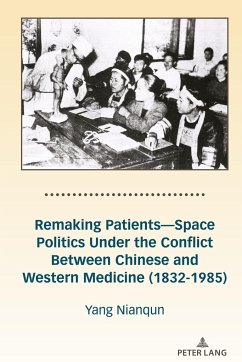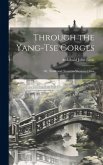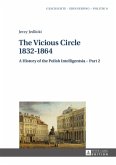This book explores the long history of how Chinese people have been observed, transformed and treated as "patients" in modern times since the late Qing Dynasty. The title of "sick man in East Asia" is not only a metaphor of Chinese being bullied, but also a driving force for their own nationalistic social change. In this sense, "treatment" is not only a simple medical process, but also the focus of political and social system reform. Individual treatment behavior has become an integral part of the group political movement. By examining the history of the conflict between Chinese and Western medicine, this book reproduces the images of missionaries, midwives, sitting doctors, doctors and practitioners, barefoot doctors, politicians and social reformers of Western medicine, reflects another historical aspect of China's social change, and shows the complex interactive game relationship between modern political evolution and traditional medical factors.
"Yang Nianqun's masterpiece Remaking Patients discusses the influence of modern western medicine on the local medical culture after the entry of modern western medicine into China. Since its publication [in Chinese], it has been widely praised and has been highly valued by the academics from both China and overseas, especially to young scholars." -Liang Qizi, Director of Institute of Humanities and Social Studies, University of Hong Kong, Fellow of Academia Sinica








